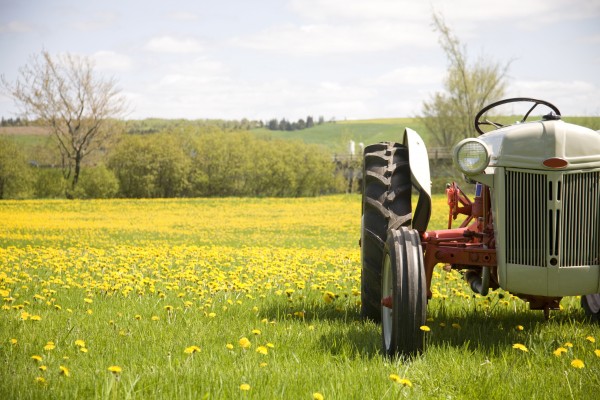I like bankers. They’re an honest lot. All of us like money, but only they are upfront about it. I once witnessed a conversation between three financiers that started with them comparing their cars, then their houses, then their helicopters. None of the shilly-shallying you find at a society cocktail party, where people slyly suss out your income on the basis of your profession, your postcode, your accent and the school you went to — these bankers went straight to unvarnished one-upmanship. Such frankness can be refreshing.
I like bankers because, these days, somebody has to. The second episode of Bankers (Wednesday), the BBC2 three-part documentary that’s just ended, started off in such a mean-spirited way I actually felt sorry for financial traders. It recreated the scene of a 2007 car accident involving Jon Corzine, ex-chief of brokerage MF Global, which collapsed in 2011 after a huge gamble on EU bonds.
The camera showed a man in a car in such a way that it looked as if he were driving it. Then it zoomed in on an unbuckled seatbelt and a speedometer. It was all meant to show how reckless Corzine was. (It’s true the banker hadn’t fastened his seatbelt, and his SUV was speeding. But Corzine wasn’t the driver, and he’s been campaigning for driving safety ever since.) Corzine had 15 bones broken and lost more than half his blood, the voiceover told us coolly. This was not meant to elicit sympathy, but to demonstrate the dangerous fiend he was. It seems where bankers are concerned, we can have no pity for personal tragedies.
Let’s be clear: in recent years, many bankers have behaved very badly indeed. A few should probably be in jail, and I suspect some financiers would be only too willing to sell their grandmothers against a complicated interest-rate swap strapped to Libor. It’s just that many parts of this BBC show came across as muddled and confused, and there was an air of the personal vendetta about it all.
I’m not comfortable with a finger-pointing documentary called Bankers — when it could be called, say, Banking — just as I’d be equally discomfited by one called Nurses or Journalists or TV Presenters. There’s a sense of hauling out certain individuals, then tarring an entire profession with the same brush. In the first episode, subheaded ‘Fixing the System’, which focused on the Libor scandal, the bête noire was the former Barclays chief Bob Diamond. A lot of time was spent more or less demonising Diamond, while RBS, also implicated in the Libor mess, got much briefer airtime, and UBS — the biggest offender of all — hardly any. In the second installment , the villains were Corzine and JP Morgan’s Jamie Dimon, and in the third, it was practically every retail banker in the kingdom.
Part of the show’s muddle, one suspects, was because its creators decided first that bankers, and only bankers, were the evil ones, then tried to make everything fit that premise. The show trod lightly over the fact that politicians, the EU, central bankers and, yes, we the greedy consumers all contributed to our current dire straits, targeting instead private-sector financiers.
The second episode had sequences so mystifying that I still don’t know what to make of them. It zeroed in on Value At Risk — the mathematical formula financiers use to measure how risky a trade is — then didn’t know quite what to do with it. The argument seems to have been that VAR is a good safety valve (there was a ham-fisted scene of VAR’s creator Till Guldimann driving a car, his seatbelt nicely fastened), but only if you don’t trust it too much, and even if you use it properly there’s the risk of the markets acting on the perception of risk rather than actual risk, which was Corzine’s downfall in the end, see.
Holy cash cow, what is going on? Would the documentary-makers prefer that bankers don’t use any technical calculations at all, instead executing all trades on whim and fancy? The show didn’t say.
There was also a part that hammered MF Global for its loss-making trade on Italian, Spanish and Portuguese bonds. Yes, it was a colossal folly. But why were the government bonds yielding such temptingly high rates in the first place? Because the eurocratic eurozone was so cash-strapped, a fact the show glided over.
The final episode looked at how banks mis-sell us all sorts of things, from dodgy insurance to ‘hedges’ laden with risk. Great — I hate it when banks shove things at me that I don’t need. This installment documented the fate of a sweet old couple who bought the Hotel Piccadilly in Bournemouth because it had a lovely ballroom. Pushed by a bank, they entered an interest-rate swap and are now paying heavily for it.
I feel sorry for the couple, and hope bankers will make amends by spending their next holiday at the hotel, tipping heavily. But the BBC could have made a more poignant point by choosing people who have, say, been fleeced over the mortgage on their first home. Because, in the end, a roof over your head is a necessity. A dance floor is not.






Comments